 Michigan-based The 3288 Review is a new print and ebook quarterly publishing short fiction, nonfiction (essays and creative non-fiction), poetry of all forms and formats, reviews, photography, and artwork, with an ongoing interview series on their website.
Michigan-based The 3288 Review is a new print and ebook quarterly publishing short fiction, nonfiction (essays and creative non-fiction), poetry of all forms and formats, reviews, photography, and artwork, with an ongoing interview series on their website.
What’s with 3288? Purely a Michigan thing, as Editor-in-Chief John Winkelman tells me: “We wanted a name which reflected something about Michigan. Based on a survey done in 2000, Michigan has a total of 3,288 miles of coastline (including islands). However, with the rise in water levels over recent years, we may need to revisit this.”
A project of Caffeinated Press, established in 2014 as an independent publisher serving the authors and readers of the West Michigan community, The 3288 Review is dedicated to finding and showcasing literary and artistic talent with a particular focus on West Michigan. Winkelman explains the publication’s philosophy, “Literary journals provide a good point of entry for new writers, and can be more narrowly focused than can publishing companies as a whole. We feel that West Michigan talent is under-represented in the larger literary world, and we want to do something about that.”
Working alongside the editor-in-chief are Jason Gillikin (fiction editor), Elyse Wild (nonfiction editor), and Leigh Jajuga (poetry editor) who read all submissions blind, providing input and feedback. Accepted submissions are then “curated” for individual issues.
The 3288 Review readers can expect to find finely crafted arts and letters, with that particular focus on talent from West Michigan. Some recent contributors include Lisa Gundry, Jennifer Clark, Mary Buchinger, Z.G. Tomaszewski, Robert Knox, J.M. Leija, Elyse Wild, and Matthew Olson-Roy. The 3288 Review also just nominated two of their published writers for the Pushcart Prize: J.M. Leija, for her essay “Tacet” from issue 1.1, and Matthew Olson-Roy, for his short story “Our Monstrous Family” from issue 1.2.
Winkelman tells me that future plans for 2016 include a broader scope to include regional journalism and long-form interviews.
Submissions are accepted through the publication’s website on a rolling basis with deadlines for inclusion in each issue – roughly a month before the publication date.

 Albeit
Albeit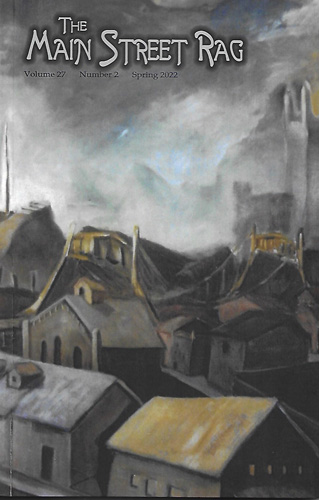 This week’s theme seems to be the color – something of a burnt umber – that draws my eye.
This week’s theme seems to be the color – something of a burnt umber – that draws my eye. 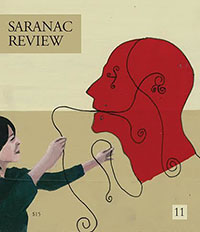
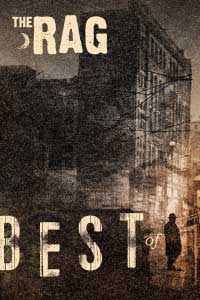
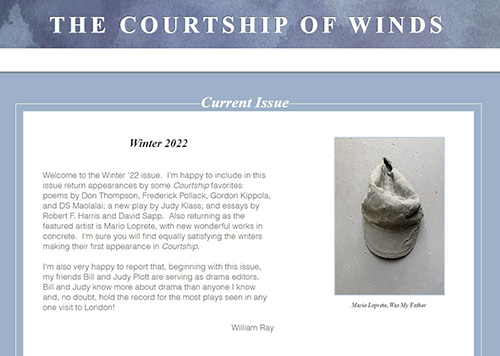 The inaugural issue of the revived
The inaugural issue of the revived  First place: David Mizner [pictured], of New York, NY, wins $3000 for “Your Swim.” His story will be published in Issue 99 or 100 of Glimmer Train Stories.
First place: David Mizner [pictured], of New York, NY, wins $3000 for “Your Swim.” His story will be published in Issue 99 or 100 of Glimmer Train Stories. The
The 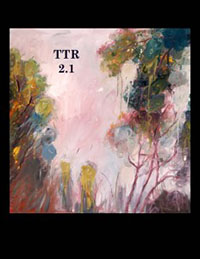
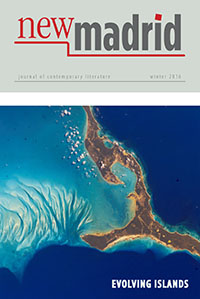 The theme for
The theme for 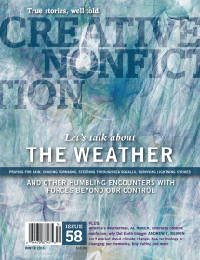 In keeping with
In keeping with 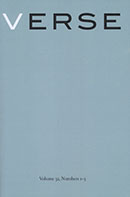 Since 2009,
Since 2009,  Neil Shepard Prize in Fiction
Neil Shepard Prize in Fiction The
The 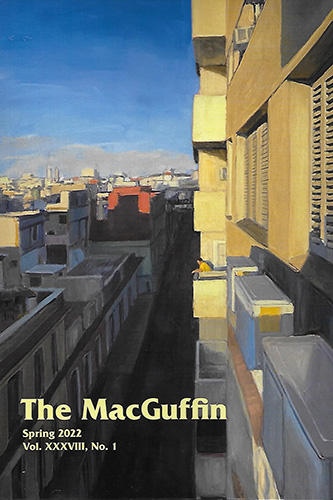 Winner and honorable mentions of the 20th National Poet Hunt Contest are featured in the newest issue (Fall 2015) of
Winner and honorable mentions of the 20th National Poet Hunt Contest are featured in the newest issue (Fall 2015) of 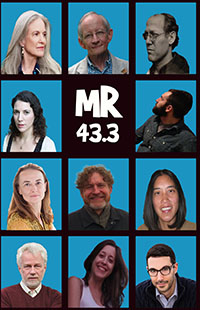 This week’s cover picks’ theme could be whimsy, as there was something in each of these covers that made me laugh, with a blend of curiosity to want to look inside. This cover image of
This week’s cover picks’ theme could be whimsy, as there was something in each of these covers that made me laugh, with a blend of curiosity to want to look inside. This cover image of 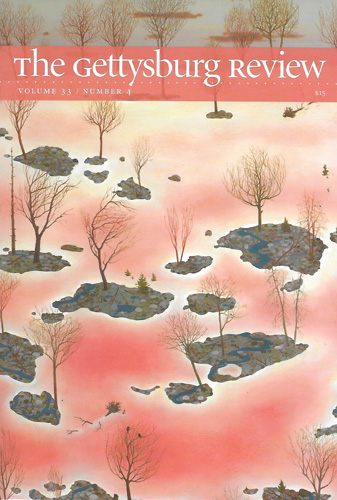 The Spring 2016 issue of
The Spring 2016 issue of 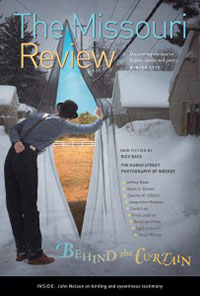 The most literal of the ‘making me want to look inside’ covers this week is
The most literal of the ‘making me want to look inside’ covers this week is  Prism Review
Prism Review Maria Tess Liem’s “Rice Cracker” was selected from among 179 submissions as the winning entry of the
Maria Tess Liem’s “Rice Cracker” was selected from among 179 submissions as the winning entry of the 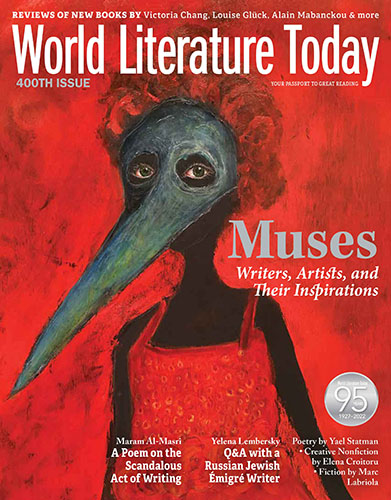
 Love. I love craft essays. Love. Northwestern University’s
Love. I love craft essays. Love. Northwestern University’s 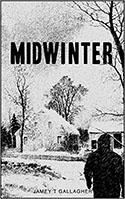 Jamey T. Gallagher, a former reviewer for NewPages, is currently raising funds by selling his novella online to help a friend who is having health issues. The novella,
Jamey T. Gallagher, a former reviewer for NewPages, is currently raising funds by selling his novella online to help a friend who is having health issues. The novella,  I’m a sucker for a good first line. From
I’m a sucker for a good first line. From 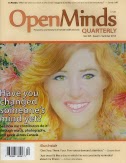
 Gabe Herron: You have to forget time because it’s going to take how long it takes, not one minute longer, not one minute less.
Gabe Herron: You have to forget time because it’s going to take how long it takes, not one minute longer, not one minute less. World Literature Today
World Literature Today Michigan-based
Michigan-based